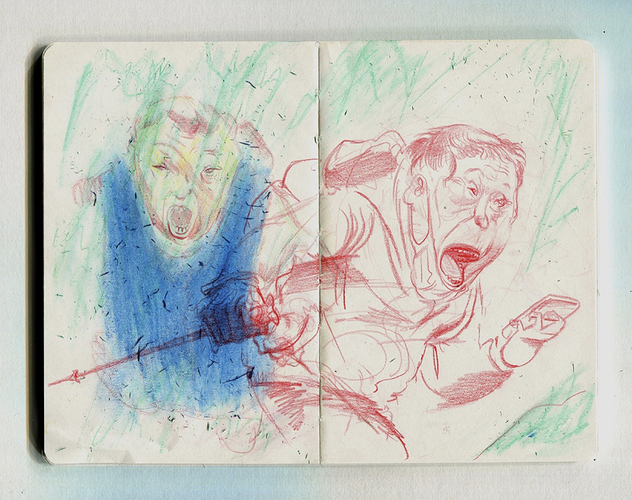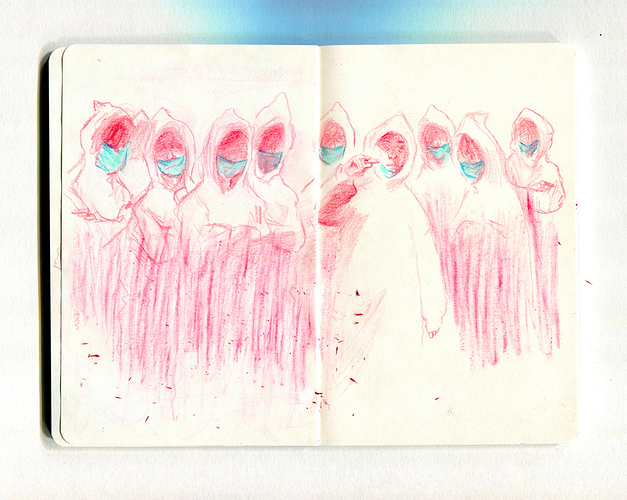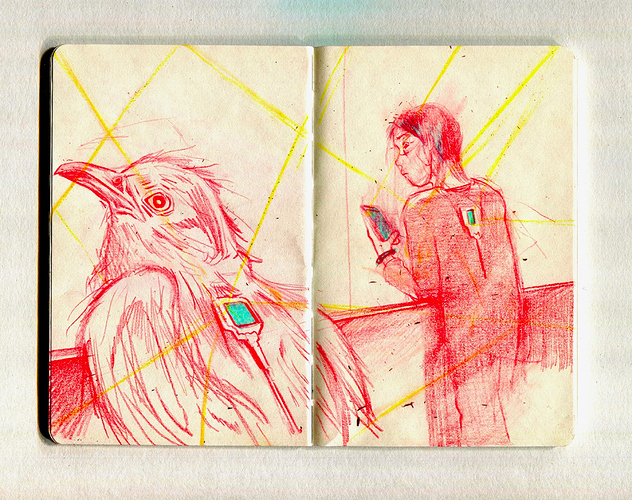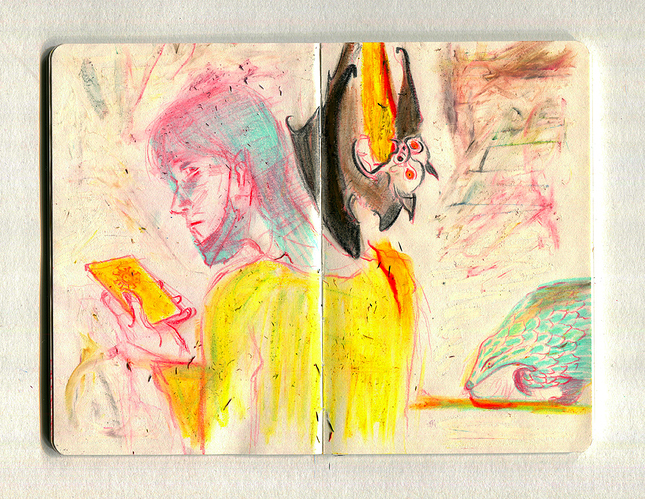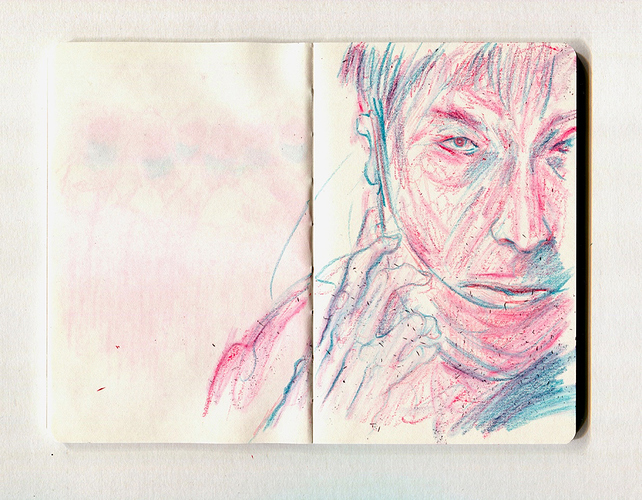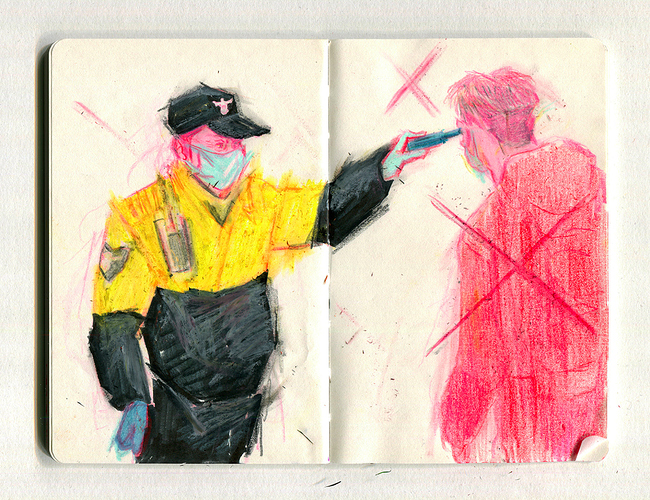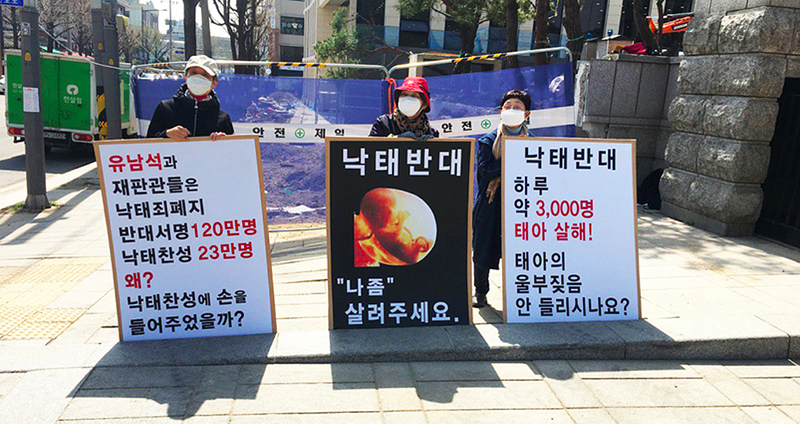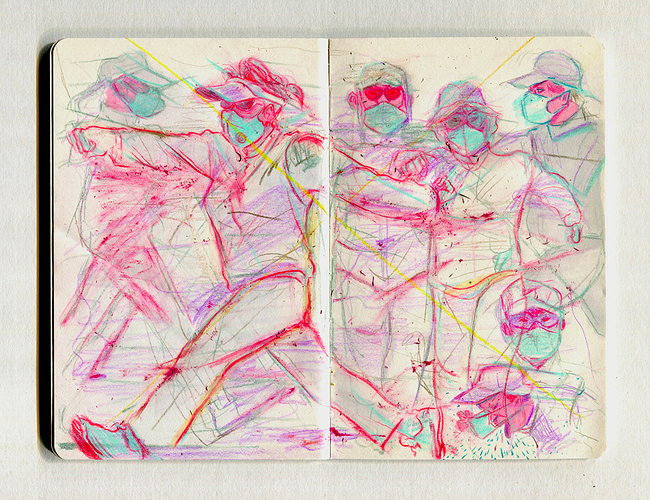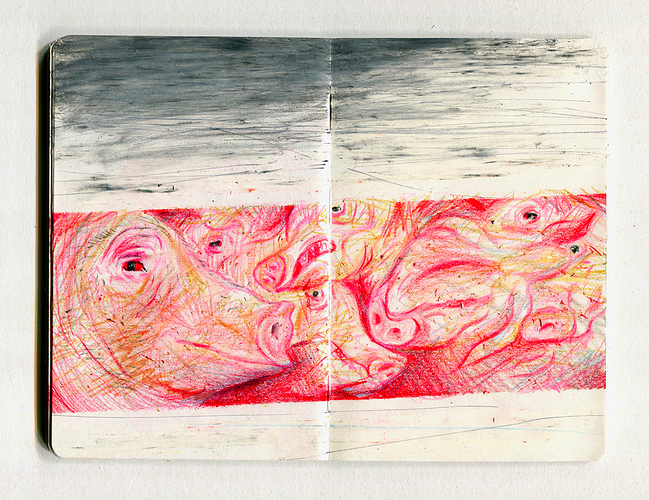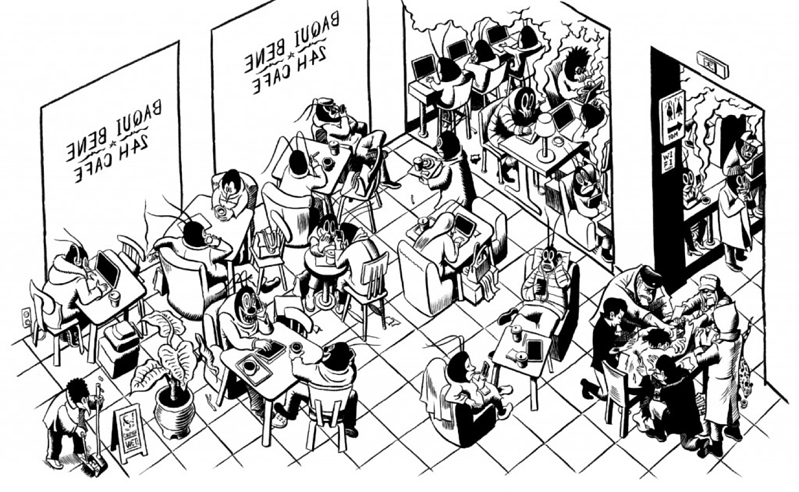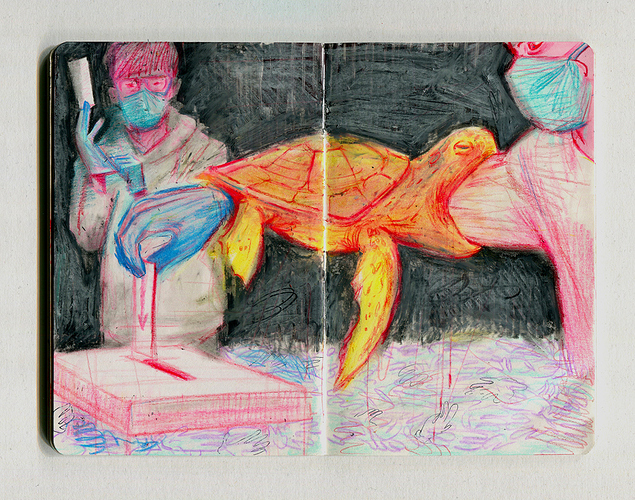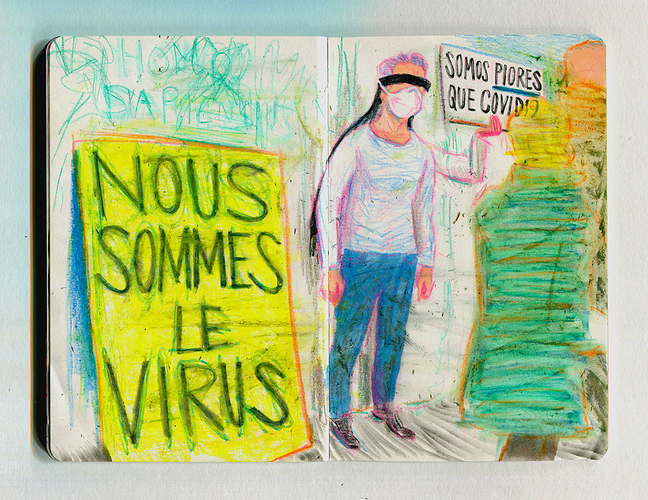30th March, 2020
Hi Paulo,
It always took a while for you to reply, but this time it makes me worry a bit. Are you still in New York or did you manage to evacuate to Portugal? Yes, I used the word evacuate. I’m checking the CMMID Repository on an almost daily basis, and I’m noticing that Portugal looks much better than NY; only 2995 cases, 43 dead. What a cruel ‘only’… Please go back home if you can, unless you are there already which I doubt is the case. Is it even possible for a diplomat to ask to return? Perhaps not.
I’m doing okay (I refrain from using the word ‘great’ or ‘fine’ these days). Since I came back last year I’m still in Seoul – in the same little place near the Portuguese embassy – working for the same NGO, the environmental one. Do I continue to go to work? Yes, I still go to the office since I don’t have to commute which means less contact with people. Do I keep writing books? Well, not much but I try to make time to do some stuff. In fact, I’ll be participating in a project which requires me to keep a 10-day “COVID-19 diary” for an on-line magazine. Mike, who organized this project, mentioned about keeping the spirit of a diary, but as I have never kept a diary in my entire life, I needed an interlocutor and couldn’t come up with a better one than you. As you read this you will come to understand why it had to be you. So anyway, this should be at best a quasi-diary just like The Book of Disquiet, but hope you find it a little treat in this time of desassossego.
So, how’s life in the UN headquarters during the outbreak? From what I see in the movies, it should keep you guys busier, especially workaholics like you. I can easily picture you leaving the office very late, defying state orders and continuing to stroll around the avenues to grab a beer which makes me both smile and nervous at the same time. Or are you, for the first time, taking your health and safety seriously and stay at home? I’ve always thought that you are the exact opposite of Koreans in that regard.
Yes, I guess we did take relatively good care of the situation. Apparently, Korea is even ‘giving lessons’ to the world now. The country’s handling of COVID-19 has been widely praised in the international media, and the government has proudly announced that more than 80 governments have reached out for our help. Let me read you an article entitled “ Korean Model Seems the Most Effective ”: Most economic activities never stopped. No part of the country was quarantined. Quick response with systematic testing, rigorous quarantine and civic engagement are the keys to the government’s success. As the number of new infections drops, the country is closer to getting back to normal. End of quote. Wow, looks pretty good, doesn’t it? This piece is from Asianews, a press agency of the Vatican. When you take into account the scary number of deaths in Italy, it’s understandable that many view us as an example to follow.
So, did we actually tame the pandemic? Too early to tell, but I can clearly witness the calm after the storm. While the COVID-specter is ruthlessly haunting Europe, the US and other countries, there’s a shared sentiment that we more or less busted the ghost here. This relief is visible in the streets, parks, pubs and cafes. Especially in the mountains. Koreans are known to be hiking-lovers, and yesterday and today, two days in a row, I encountered senior people singing out loud on their way up to the mountain.
Were they celebrating their own survival? Nobody can blame people for cheering up a bit in the wake of spring, but I must confess it disturbed me. Not only because so many people are still suffering (even in Korea there are hundreds of infected cases daily), but it also had something to do with their faces and voices. There was something militant, almost aggressive and carnivorous I’d say… or perhaps it was just me. What I can surely say though, is that a sense of complacency is permeating the minds of Koreans who have grown increasingly sick and tired of this prolonged État des urgences . They can’t wait to officially claim ‘victory’, that this game is over.
But would you, dear friend, prefer to hear the real story? I’m not in self-isolation and never have been, but not being able to find the right person to talk to, I’m desperate to share the story ‘behind the scenes’. And who would make a better listener than you? Who else can echo my discontented ramblings akin to that of the Notes from the Undergrounds, which I so often shared with you over a nice Lisbon Imperial? (although you never had just one pint).
I would bet a patent of COVID-19 vaccine that my version of the story would be unpopular and disapproved of by most Koreans, or regarded as a far-right position intent on undermining every single achievement of the current government. In fact, there seems to be no option other than taking one of the two sides in this polarized society. From the beginning, when a friend of mine contacted me for this project, I thought: how funny it is that I, out of every one, am ‘representing’ this country. You said I was the only Korean you had met who was not offended by any criticism on Korea during your 4 years of service in this country!
But before I start, WRITE ME! Also, do stay safe and consider smoking less, if that’s a possibility. They say it increases your vulnerability to the virus. I’m sure you’ll hate this last sentence.
Um abraço,
